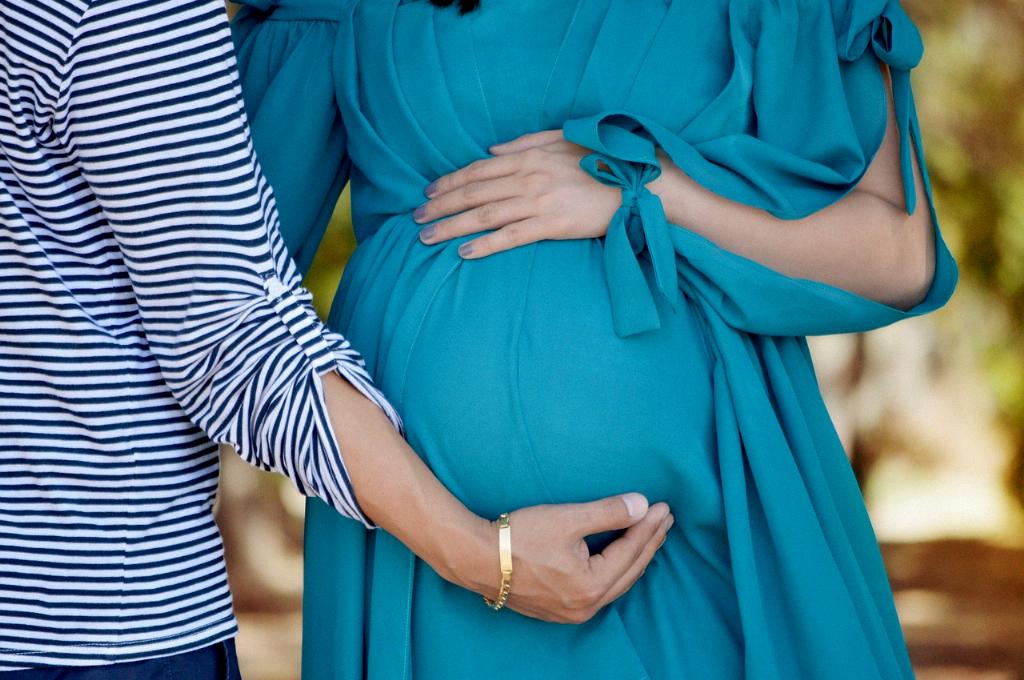Female cats, also known as queens, are incredibly efficient reproducers. Once a queen mates successfully during her fertile period, which typically lasts about a week during the breeding season, she can become pregnant swiftly.
Early signs of cat pregnancy may not be immediately obvious, but attentive cat owners may notice subtle changes in their feline companion’s behavior. It’s essential to be aware of these signs to provide the best care for your pregnant cat.
One of the initial indications of cat pregnancy is a change in the queen’s appetite. Some pregnant cats may exhibit an increased interest in food, while others may experience a decrease in appetite. These fluctuations can vary from cat to cat but are worth noting.
Another early sign of cat pregnancy is a change in the queen’s behavior. Your cat may become more affectionate and seek extra attention from you, or she may display nesting behavior by searching for a secluded spot to rest or give birth.
Physical changes in a pregnant cat’s body may also become noticeable early on. Around three weeks into the pregnancy, a veterinarian may be able to feel small lumps (the developing fetuses) in the queen’s abdomen through palpation.
As the pregnancy progresses, some queens may experience morning sickness, similar to pregnant humans. If your cat is vomiting or seems lethargic, it’s crucial to monitor her closely and consult a veterinarian if necessary.
Increased nipple size and color changes in the mammary glands are common signs of pregnancy in cats. The nipples may become more prominent and pinker as the queen’s body prepares for nursing her future kittens.
Weight gain is typical in pregnant cats, but it’s essential to ensure that the weight gain is steady and appropriate throughout the pregnancy. Sudden or excessive weight loss should always be discussed with a veterinarian.
Some pregnant cats may exhibit a condition known as pinking, where the skin around the nipples becomes pink due to increased blood flow. This change is a natural part of pregnancy and is not a cause for concern.
Behavioral changes, such as restlessness or increased vocalization, may also be observed in pregnant cats. These changes can be attributed to hormonal fluctuations and the physical discomfort associated with pregnancy.
It’s crucial to provide a pregnant cat with a quiet, comfortable space where she can rest undisturbed. Creating a cozy nesting area with blankets or towels can help your cat feel secure and supported during this time.
Regular veterinary check-ups are essential during cat pregnancy to monitor the queen’s health and the development of the growing kittens. Your veterinarian can provide guidance on nutrition, vaccinations, and overall prenatal care for your pregnant cat.
In conclusion, being aware of the early signs of cat pregnancy and providing the necessary care and attention to a pregnant queen is crucial for ensuring a healthy and successful pregnancy. By understanding these signs and monitoring your cat closely, you can help her navigate this special time with comfort and support.

